Soldiers raped the women and killed the men in the small Eastern European towns that my grandparents lived in. 1916, 1917 – my grandparents had nothing, and had no hope of having anything. Whoever survived left, or waited to leave the Anti- Semitic climate of Poland and Russia.
Rachael and her two daughters were left behind by my paternal grandfather in 1917. My grandmother’s loving hands muffled the screams of her starving children as she fiercely protected them from Russian soldiers, and took refuge in the woods praying to remain unseen. After three years my grandmother and her daughters were reunited with Jacob in New York. Their passage to America paid for by the international migration agency of the American Jewish community known as HIAS, Hebrew Immigrant Aid Society.
My paternal grandmother was orphaned, and was left to care for her children with little support. It is unknown how she supported her daughters during those three years in Europe. And despite the fact that she was illiterate, she and my grandfather maintained contact and were able to begin a life together again in New York. My father was one of six children. Three boys, three girls.
The story is much the same for my maternal grandparents. To avoid conscription into the army my grandfather left Lithuania. My grandmother too could not stay in the place of her birth. Her father had died at age thirty-nine, leaving her mother with nine children to support. The Warner Brothers (of movie fame and fortune) are distant cousins of my family, and generously sponsored the passage to America of the eighteen year old girl who later became my grandmother, leaving one less mouth to feed in Europe.
After arriving in New York, the quota for immigration from Eastern Europe was saturated, and so in an effort to have her siblings join her, Tillie went to Cuba where refugees would be welcomed, and they could be reunited as a family. It was there that she met, and married my grandfather Louis. They returned to New York when my grandmother was eight months pregnant with my mother. They went on to have two more children.
Carl and Anita are my parents, both first generation Americans. My paternal grandparents struggled to feed and cloth their six children. My mother’s family owned a small department store and was financially comfortable. Regardless of their status, or lack of, both families were hard-working with very little leisure time. These immigrant families cared for those around them. If they could not help to support their extended families financially, they lent their emotional support.
After many jobs, but no career, my paternal grandfather ultimately owned a gas station. Each family worked six, sometimes seven days a week. Work and family was the only priority. They did not go to the movies, they were not casual consumers, and they were not in any way frivolous. No luxuries, no amenities.
My Aunt Roslyn, my father’s youngest sister met and married Howard Zinn. Constant attention from all the local boys was ignored by this great beauty. She fell in love with the tall intellectual guy from the neighborhood, and after his return from the army where his world view was forever changed after being a bombardier pilot on the flight that decimated Dresden Germany, they married despite my grandparent’s misgivings. He didn’t earn a living and he was a dyed the wool socialist that gave speeches on street corners. This is not what they left Russia for. But she loved him. Howard Zinn became the noted historian, social activist, acclaimed political science professor at Boston University, prolific author, and tireless advocate for civil rights.
My Aunt and Uncle had two children and lived in Boston. I hardly ever saw them but I wanted to live in their house. I wanted to live in a house with books and magazines. I wanted to hear adults discussing theories and academic issues. I didn’t really have any idea what that would entail, but somehow I knew that I wanted to be a home that was serene, utilitarian and quiet. My household was the antithesis of that, and for the most part I couldn’t appreciate the kindness and attention my parents did give me.
Delores lived down the street with her two children. She and her husband led totally separate lives which I found incomprehensible, as my parents were a bona-fide team, a unit as it were. But no matter, I was envious of that household as well because Delores had multiple magazine subscriptions. She had Good Housekeeping and beauty magazines which were arranged neatly on her enormous smoked glass coffee table. She would spend afternoons in the dark drinking coffee, smoking cigarettes and using a remote control to change the channels on her large color console television. We didn’t have a TV in the living room. There was a small black and white set in my parent’s bedroom which didn’t have a remote control. My mom didn’t drink coffee, or smoke, and we had no magazines. Our living room was never dark and/or quiet.
My parents were busy. My mom had no time to read magazines and I don’t think she had any idea how much I wanted her to buy them. I wanted her to be like a magazine reading mom on TV. Or, I wanted her to be an academic that read because she was driven to consume information. But she was busy making sure that my brother and two sisters and I were doing what we were supposed to be doing. The information between the pages of the ladies magazines was her day-to-day life; she didn’t need to read about it. And she was beautiful; she didn’t need to read instructions on how to become beautiful.
My dad is a lawyer. He must have read all day. He didn’t want to read magazines when he came home. He had no hobbies then, he had no time for hobbies. His hobby was making sure that we ate. That we had clothes, and that we were able to get medical attention when we needed it. He didn’t come from a family that had any hobbies either. And they didn’t have magazines. Both my parents grew up in households that subscribed to the Jewish newspaper “The Forward, but that was more to get information, then to be entertained.
Not withstanding the research and reading I do as a curator, I would like to say that I both subscribe to, and read every academic journal there is and that I plow through the pages of urbane monthly publications, but I am a total magazine lightweight. I sometimes read the articles in Vanity Fair, but mostly I look at the pictures. I read every issue of In Style cover to cover, and there are many copies of W in my apartment. I leaf through magazines targeted for women in doctor’s offices. I do read Slate online and check the NPR website daily but I am not the academic I had hoped to become.
Jewish Currents is a magazine dedicated to A Progressive, Secular Voice. First published in the early twentieth century it is the sort of publication my Uncle Howie would have written for. The current issue, Summer & Autumn features a short story of mine on in the column CONCEALED – REVEALED. My Uncle would have been proud of me. My family is.
I don’t know what really went on in the household of my much-loved and admired Uncle Howie and Aunt Roz, and in the end it didn’t go well for Delores and her children, or her husband. So much like Dorothy I feel like “There’s “no place like home.”
My family came here from Europe so that they could be together and love each other. So while we had no magazines in my house growing up, my parents carried on in the tradition of their parents and taught us how to love each other.
My Aunt Roz died two years before my Uncle Howie. When remembering their marriage he said this:
“…I am honored to have been married for sixty-three years to a woman whose beauty, body and soul, always filled me with awe. Our love for one another, our friendship, our passion, never diminished through all those years. From the start we were drawn to one another by some deep spiritual connection…”
As it turns out my parents, (who enjoy excellent health) and my Aunt and Uncle are more alike than they were different. So magazines or not, academia or not, in the end it’s just about love.
A blessed prayer to all my relatives that came before me. May you all rest in peace and thank you for what you have given me so that I can give that same thing to my three children. Thank you.
Jewish Currents Magazine – www.jewishcurrents.org
Photos of Jill as a teenager – Julio Michel www.juliomitchel.com
Julio is my grandfather’s great nephew. He was born in Cuba. The photographs of me were taken for a piece he did about “The American Teenager ” when I was fourteen years old.


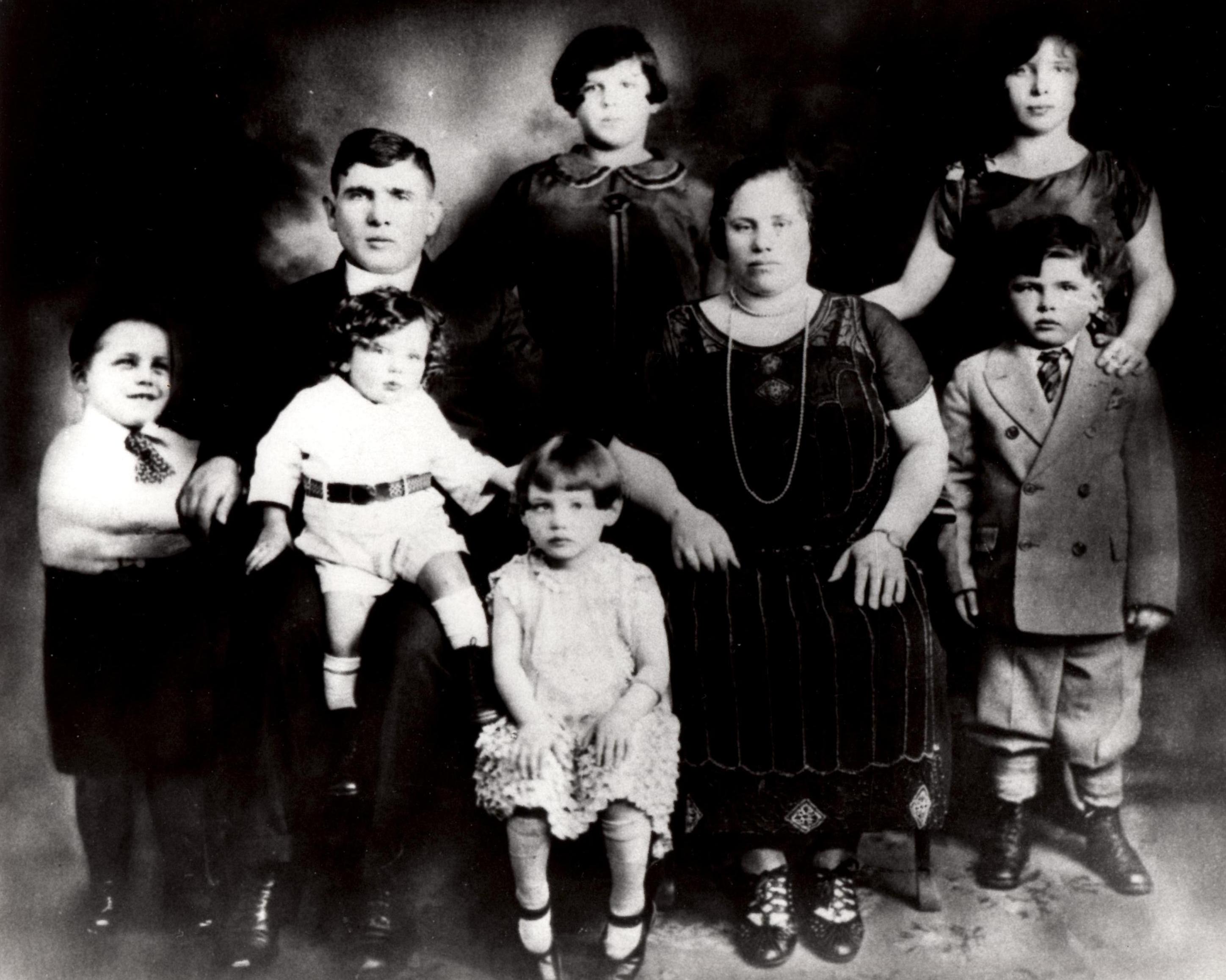
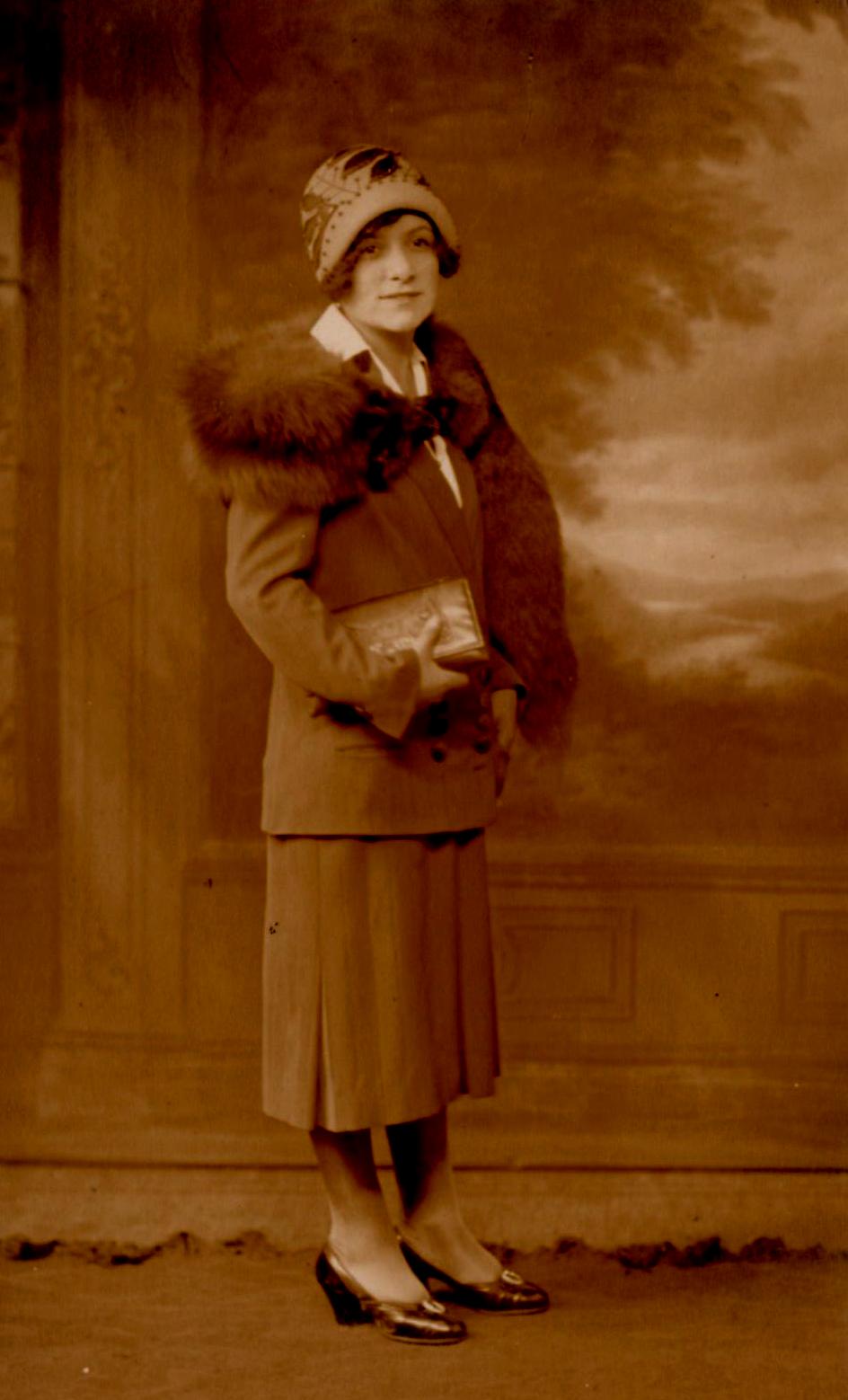
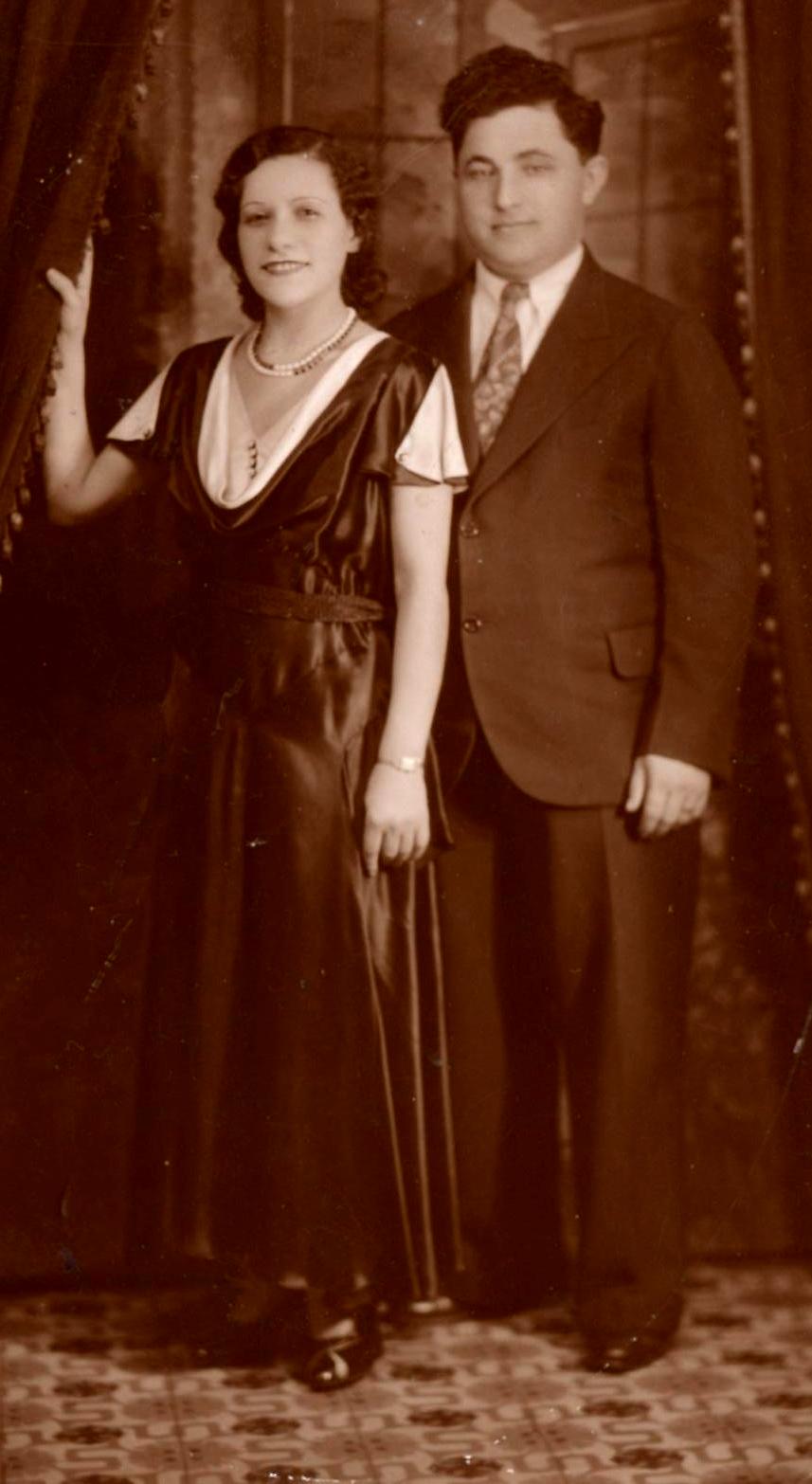
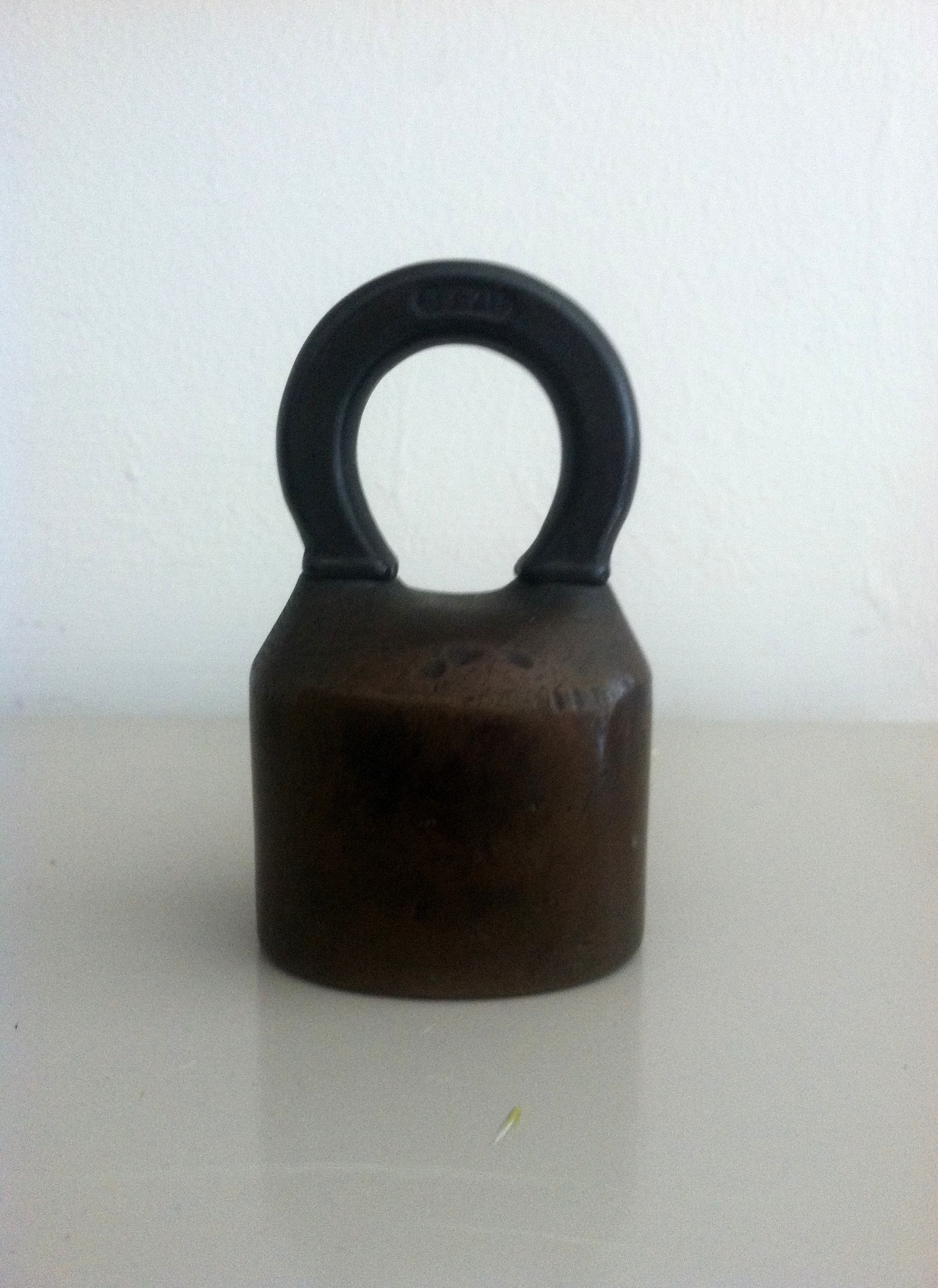
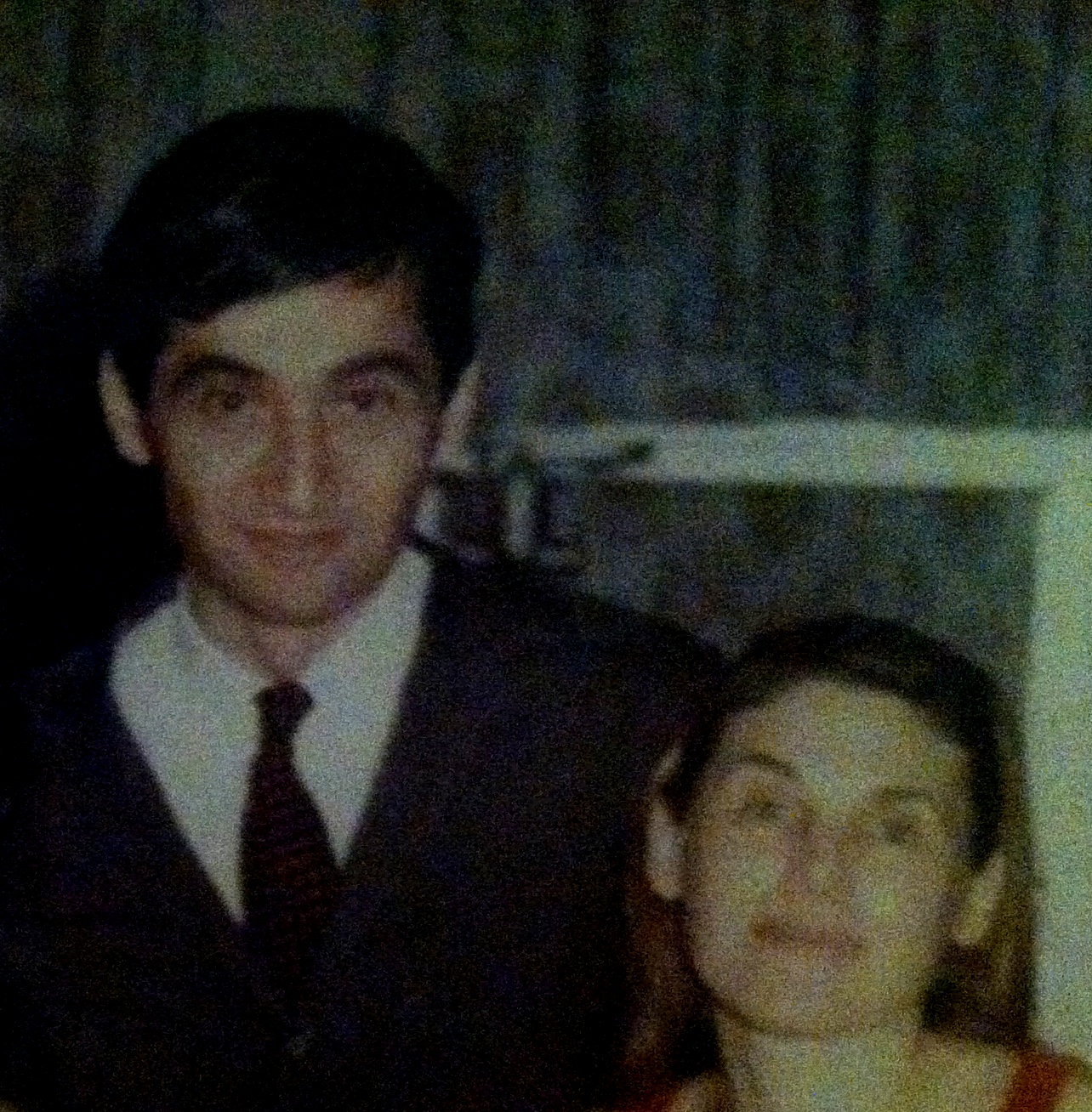
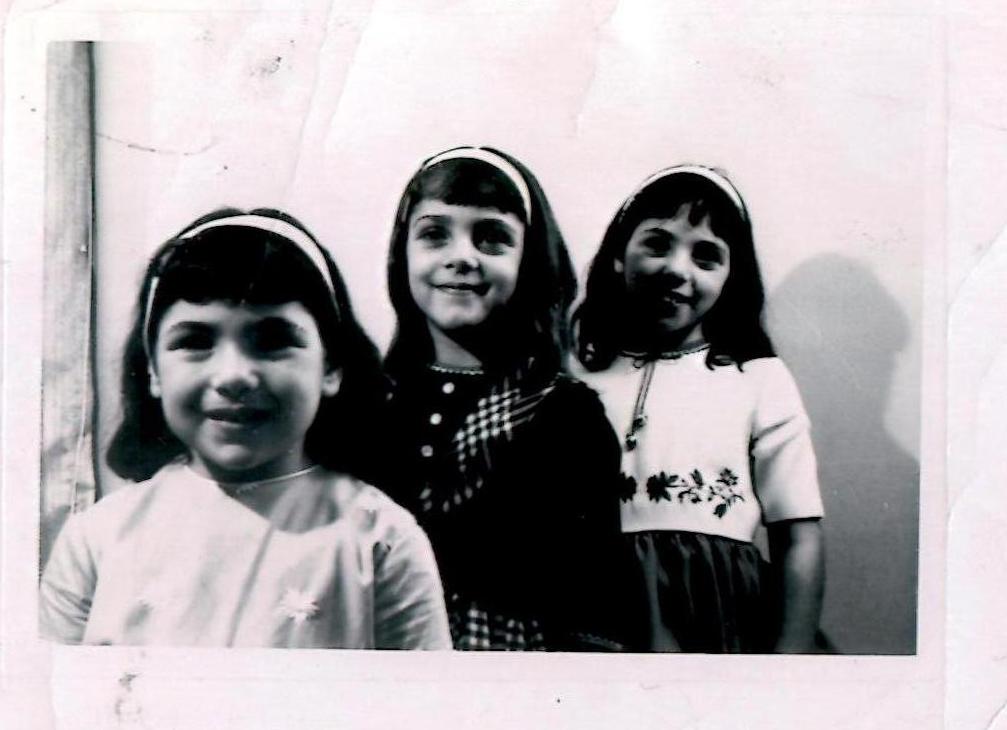
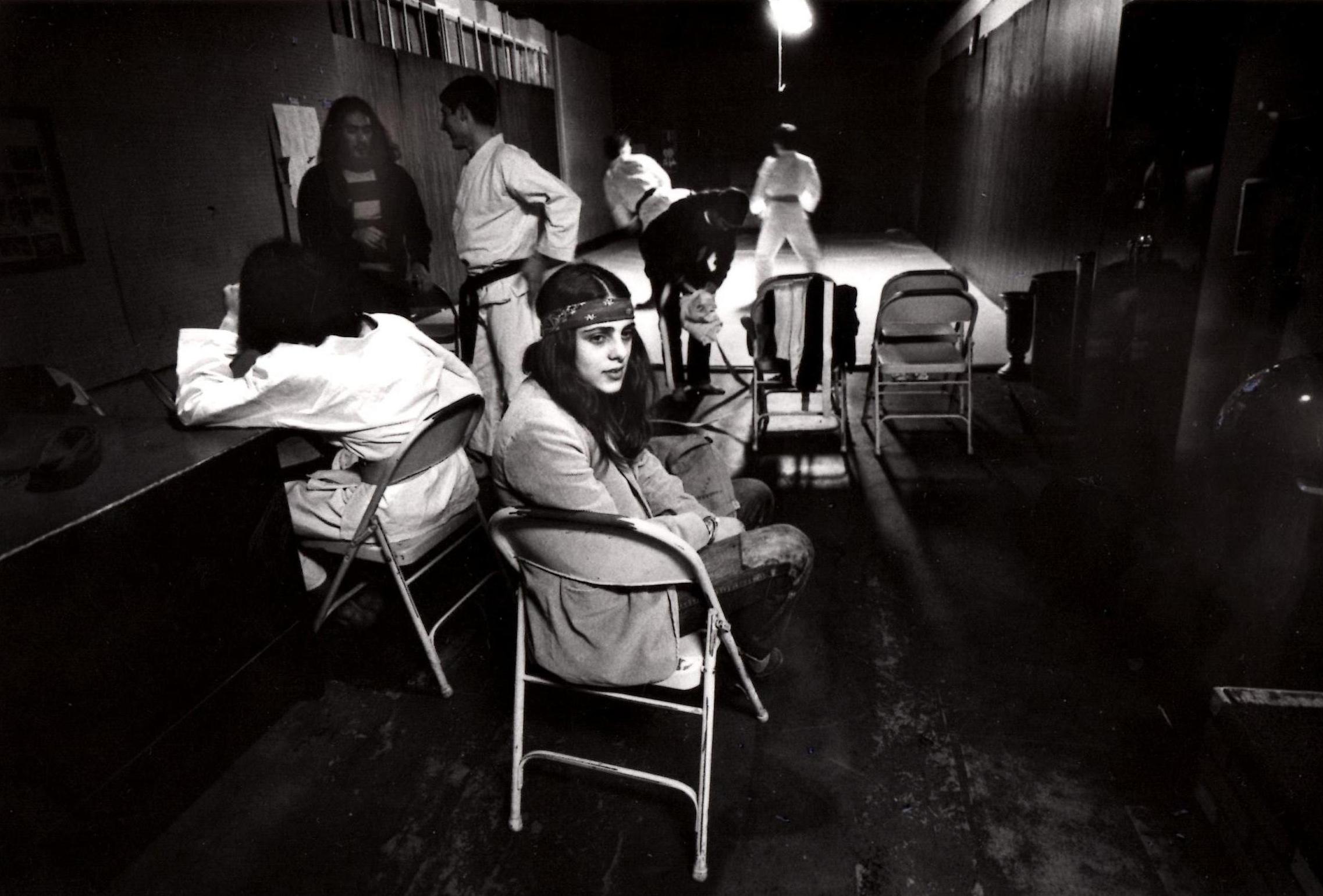
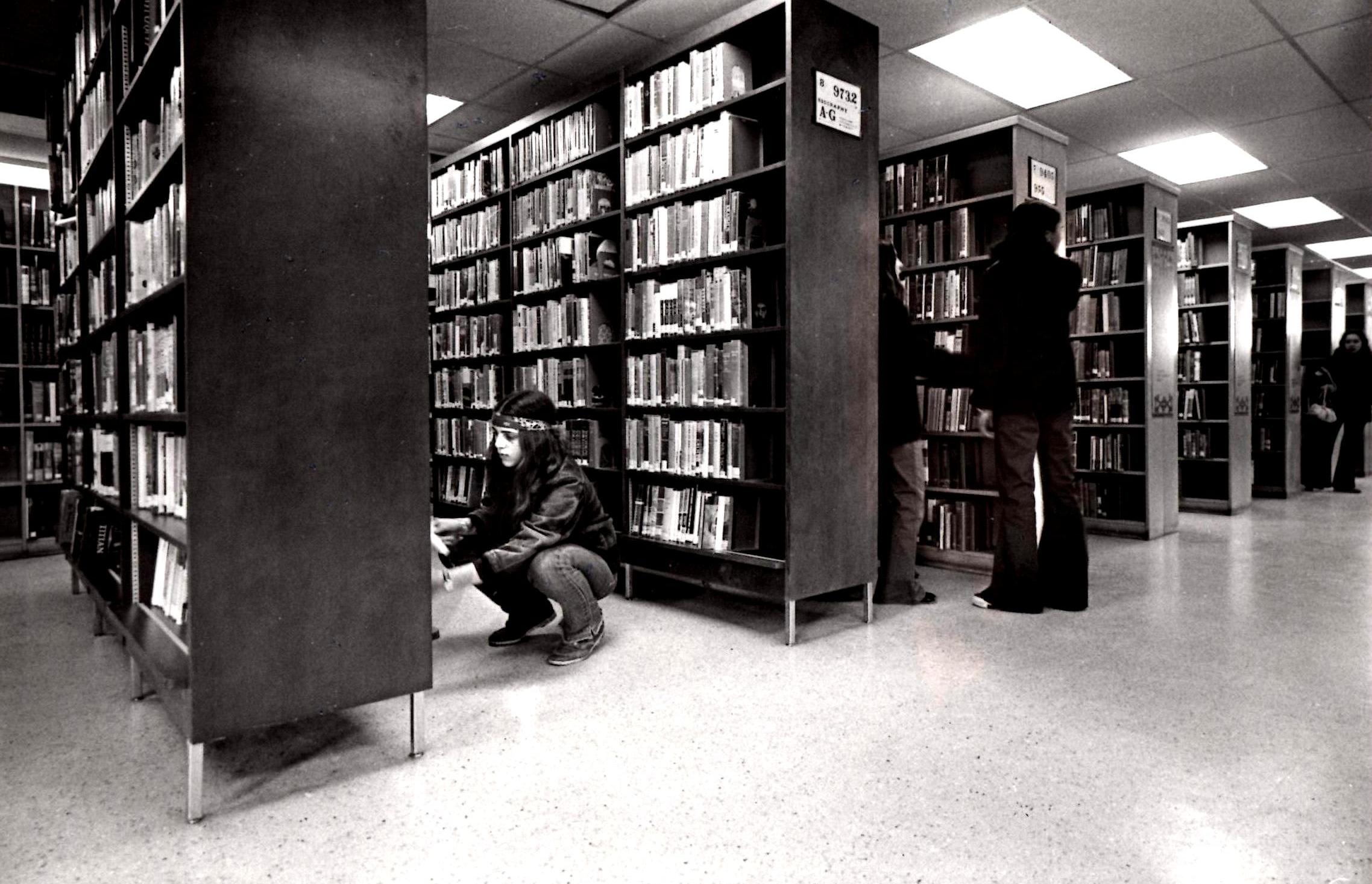
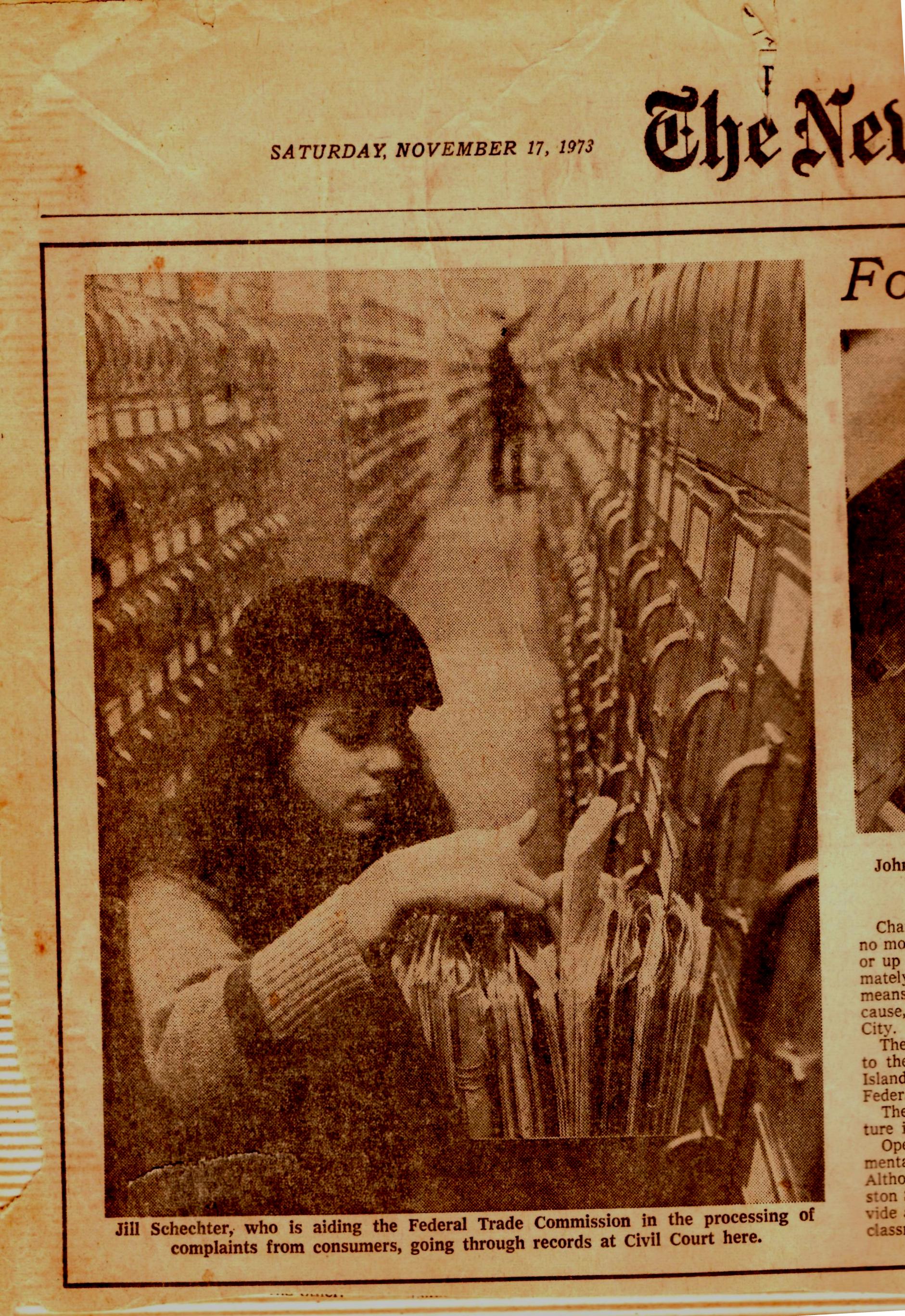
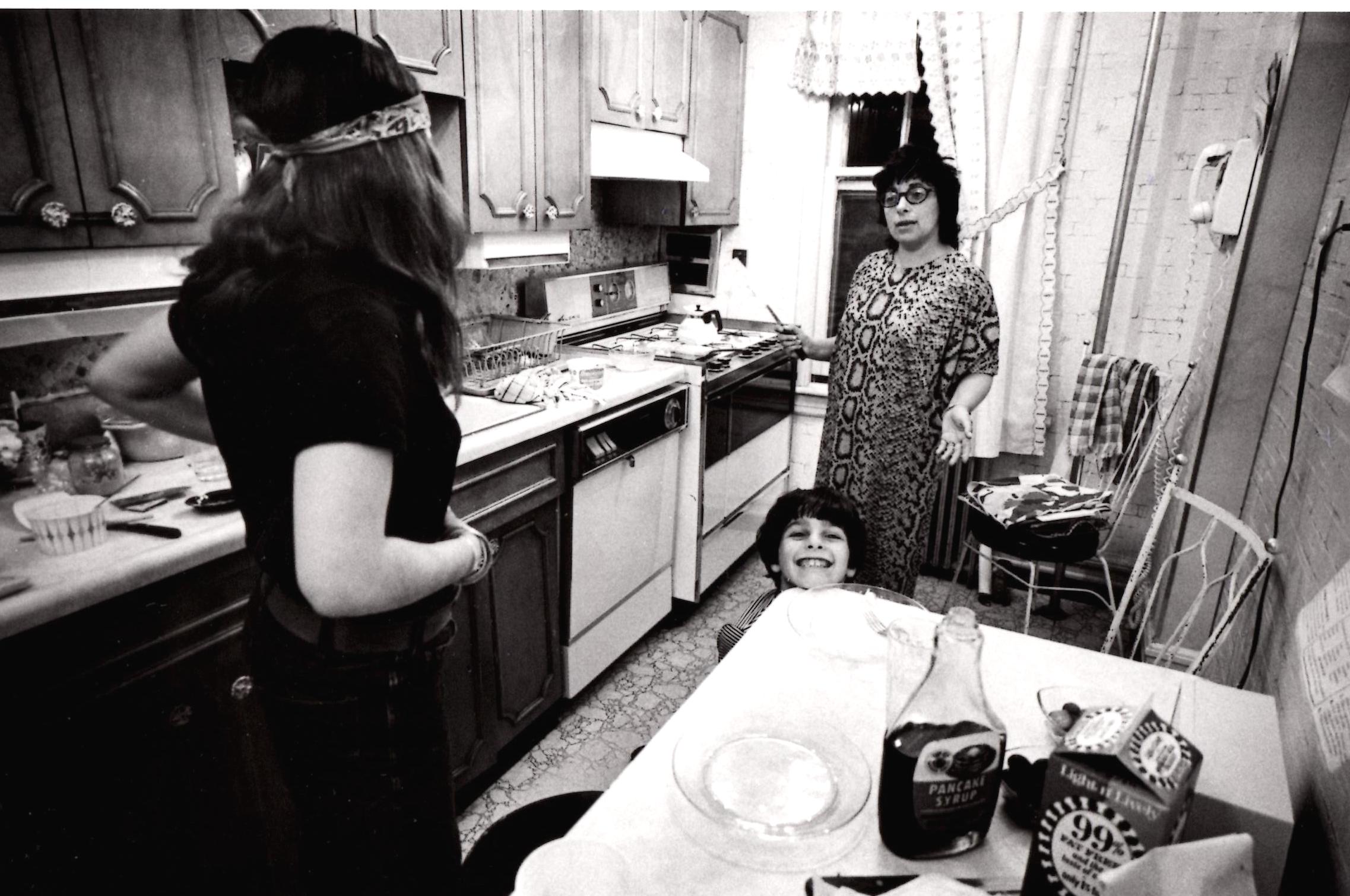
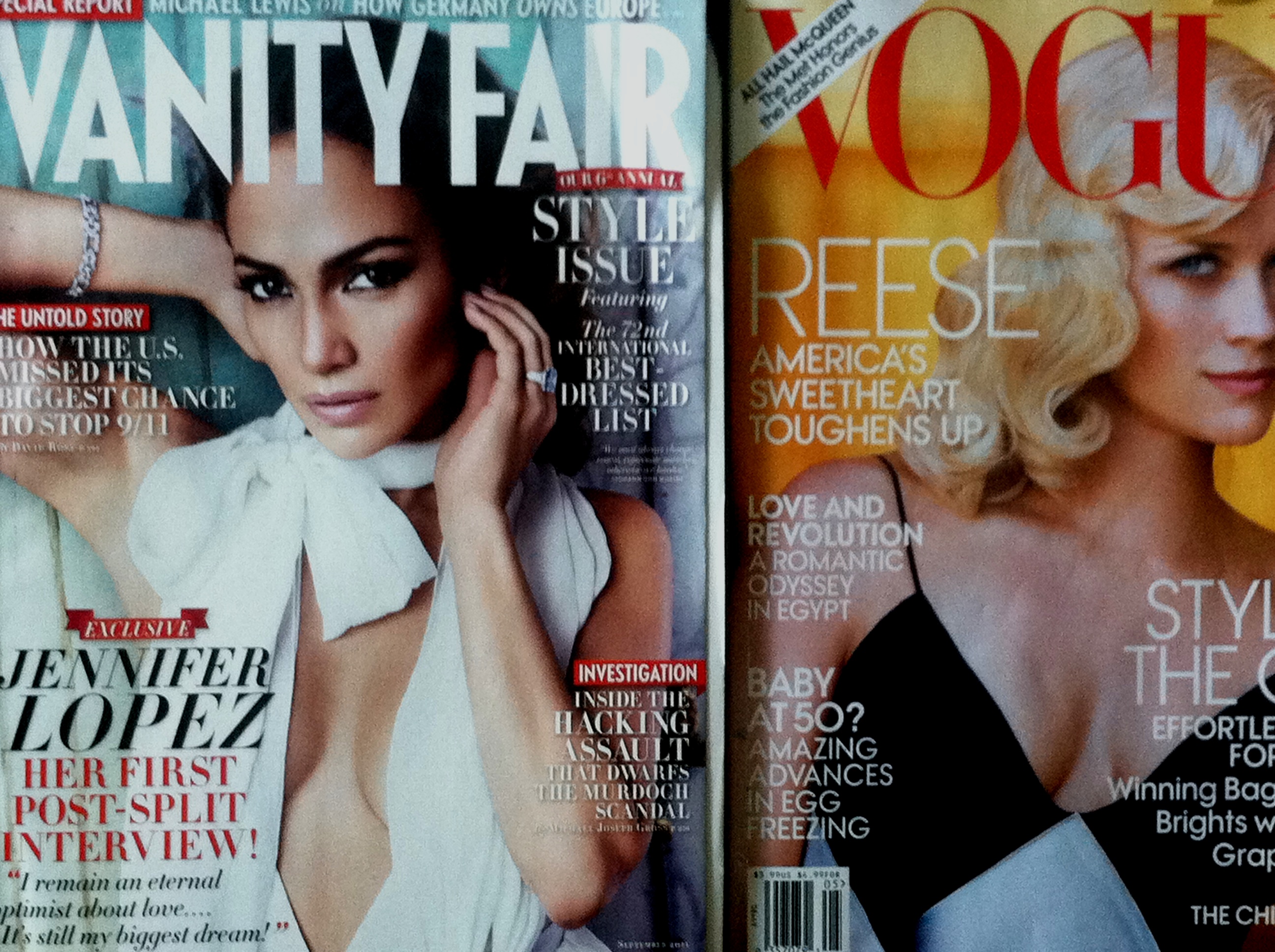
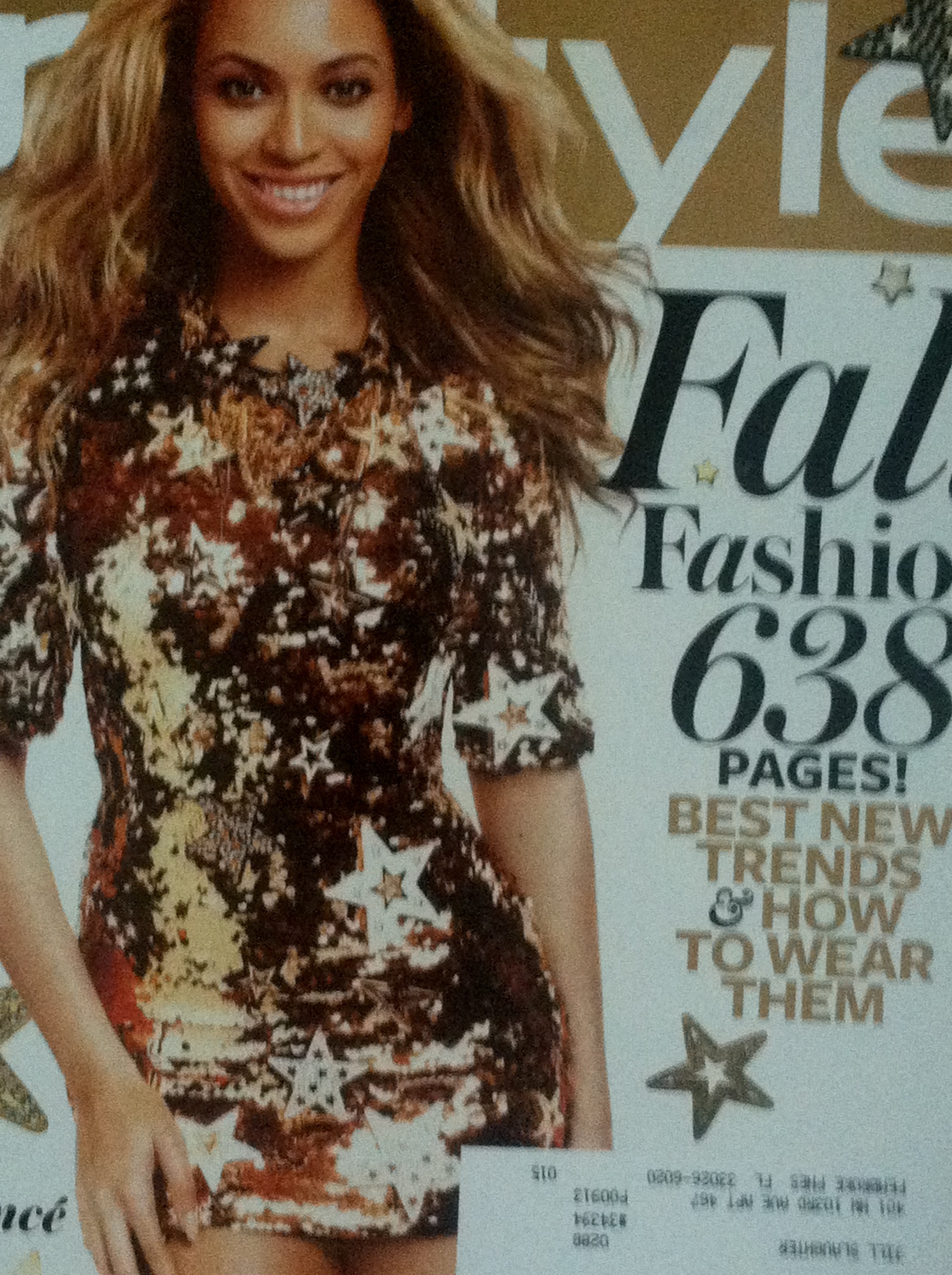
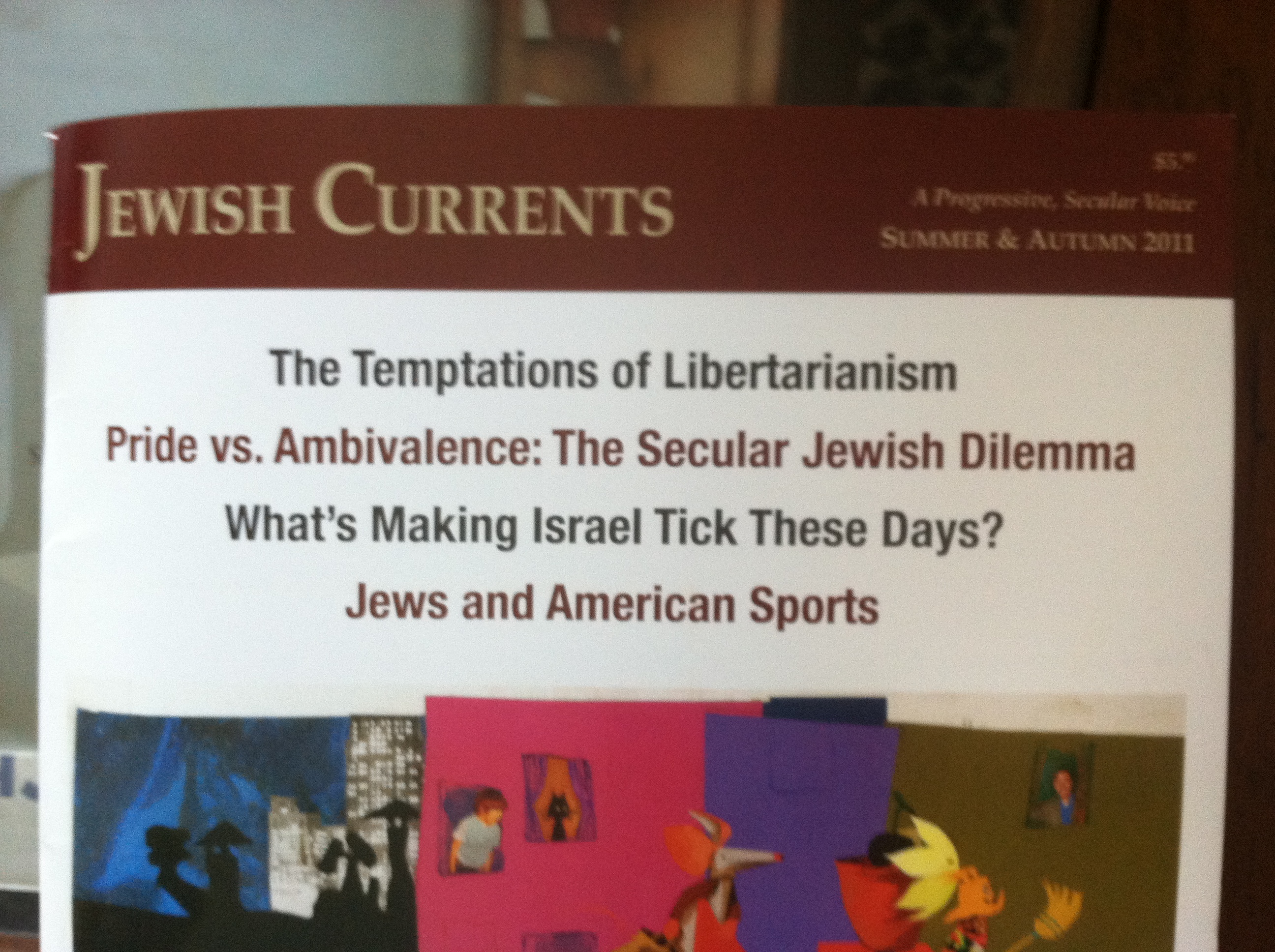
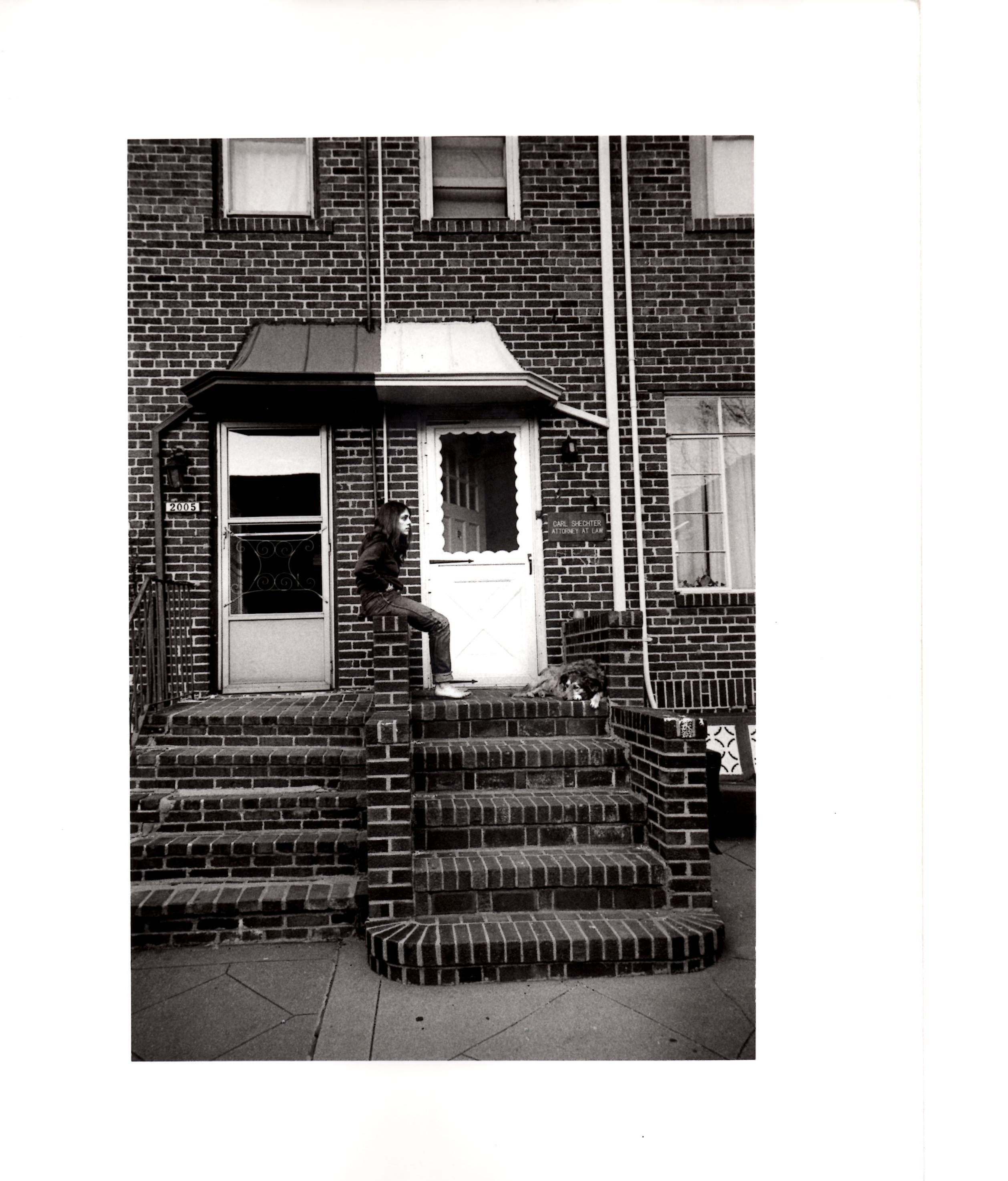
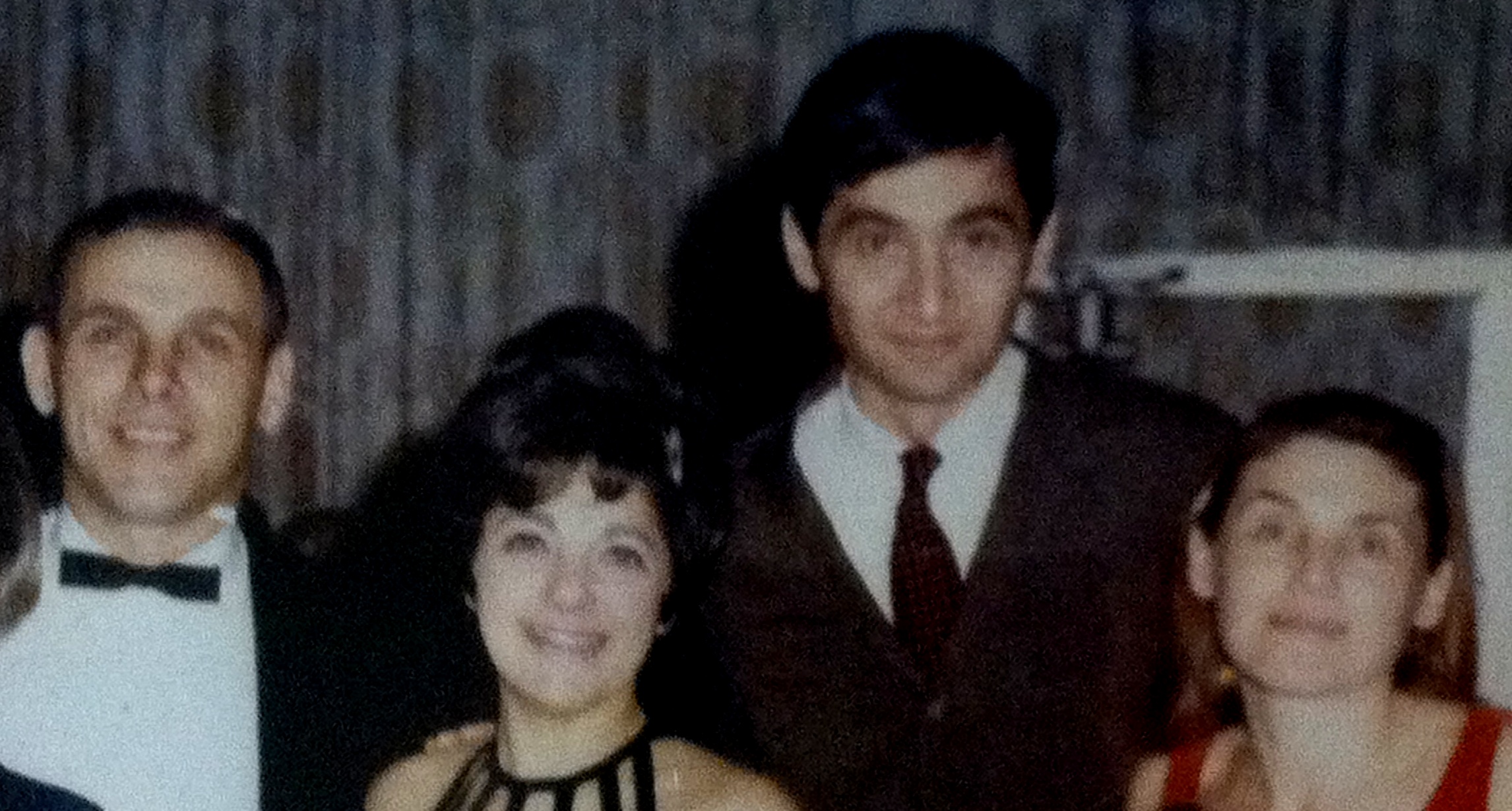

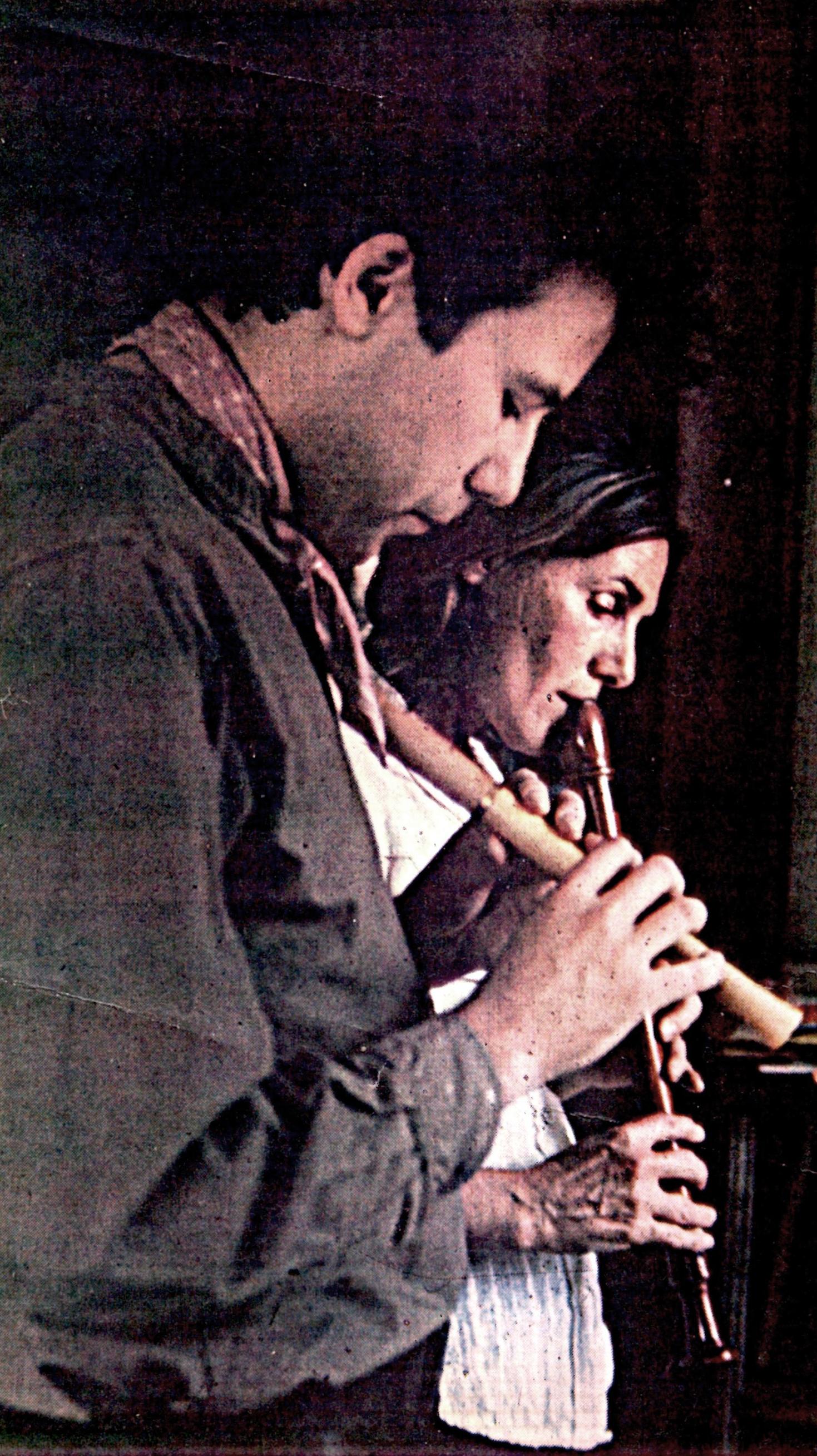
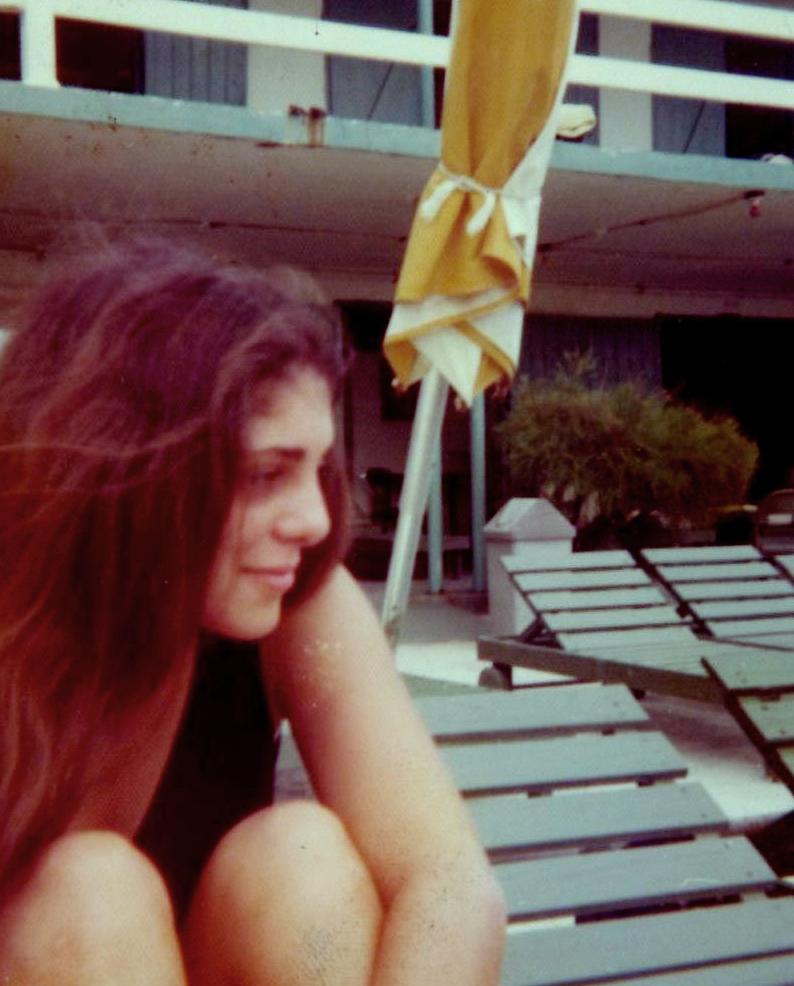
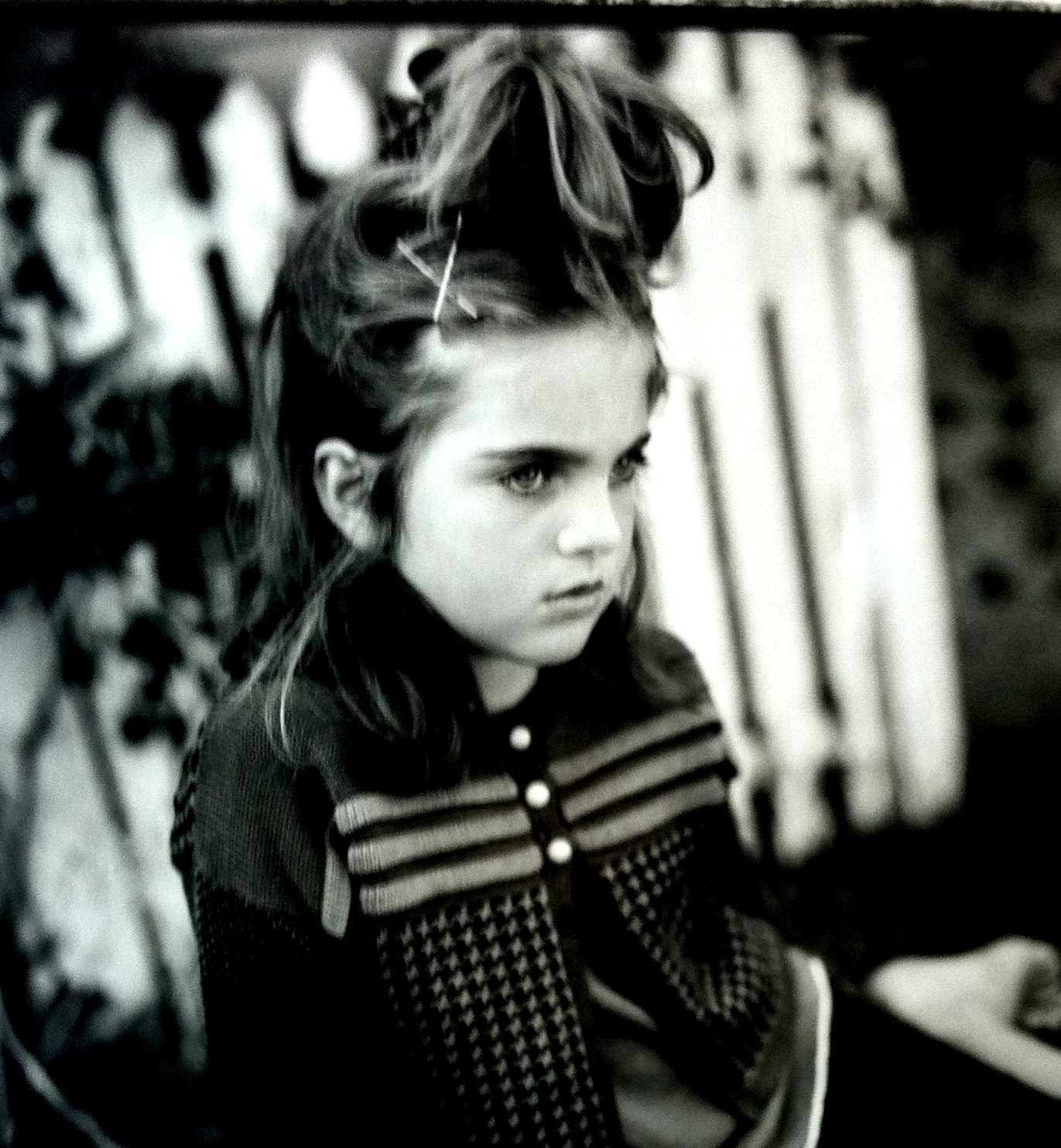
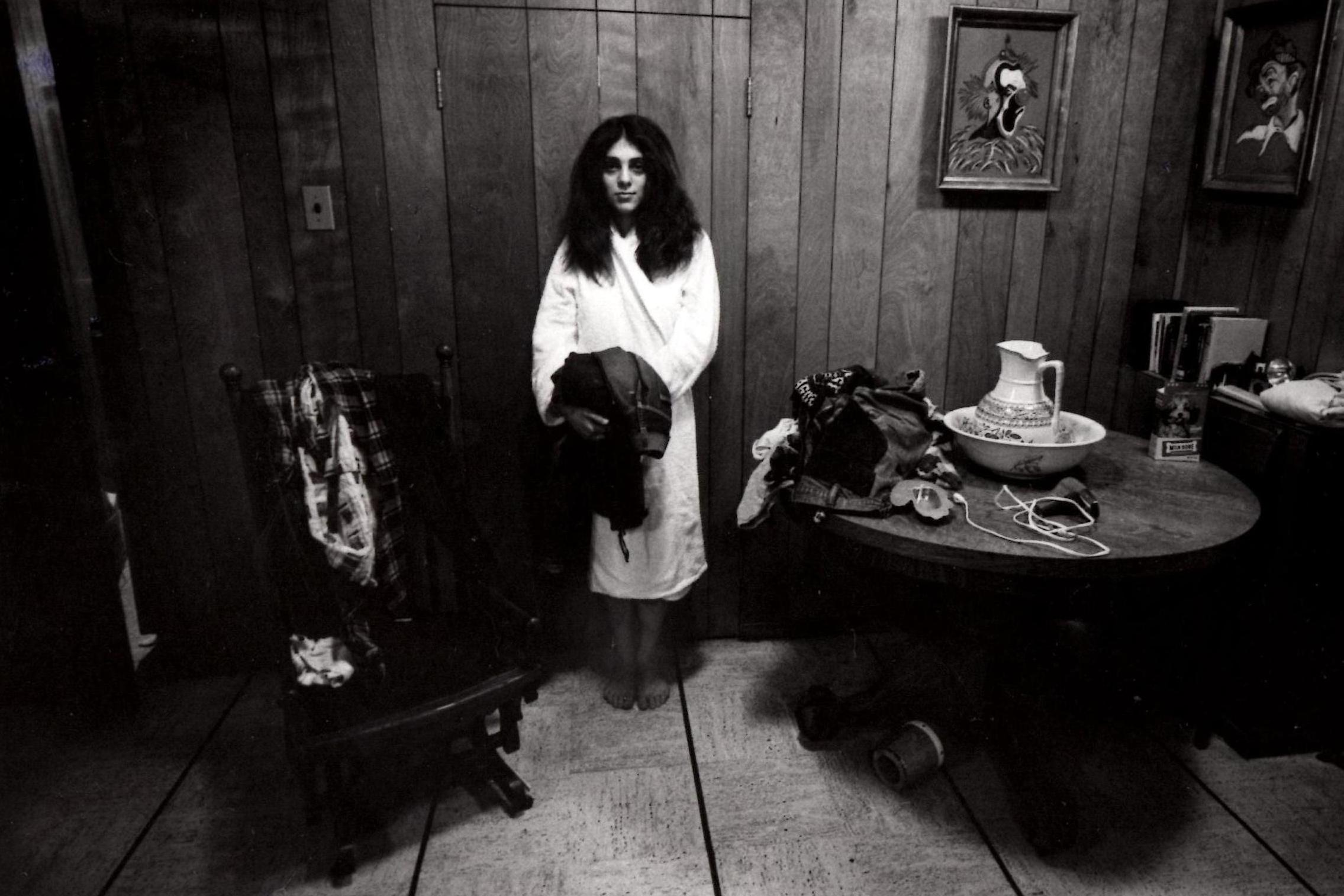
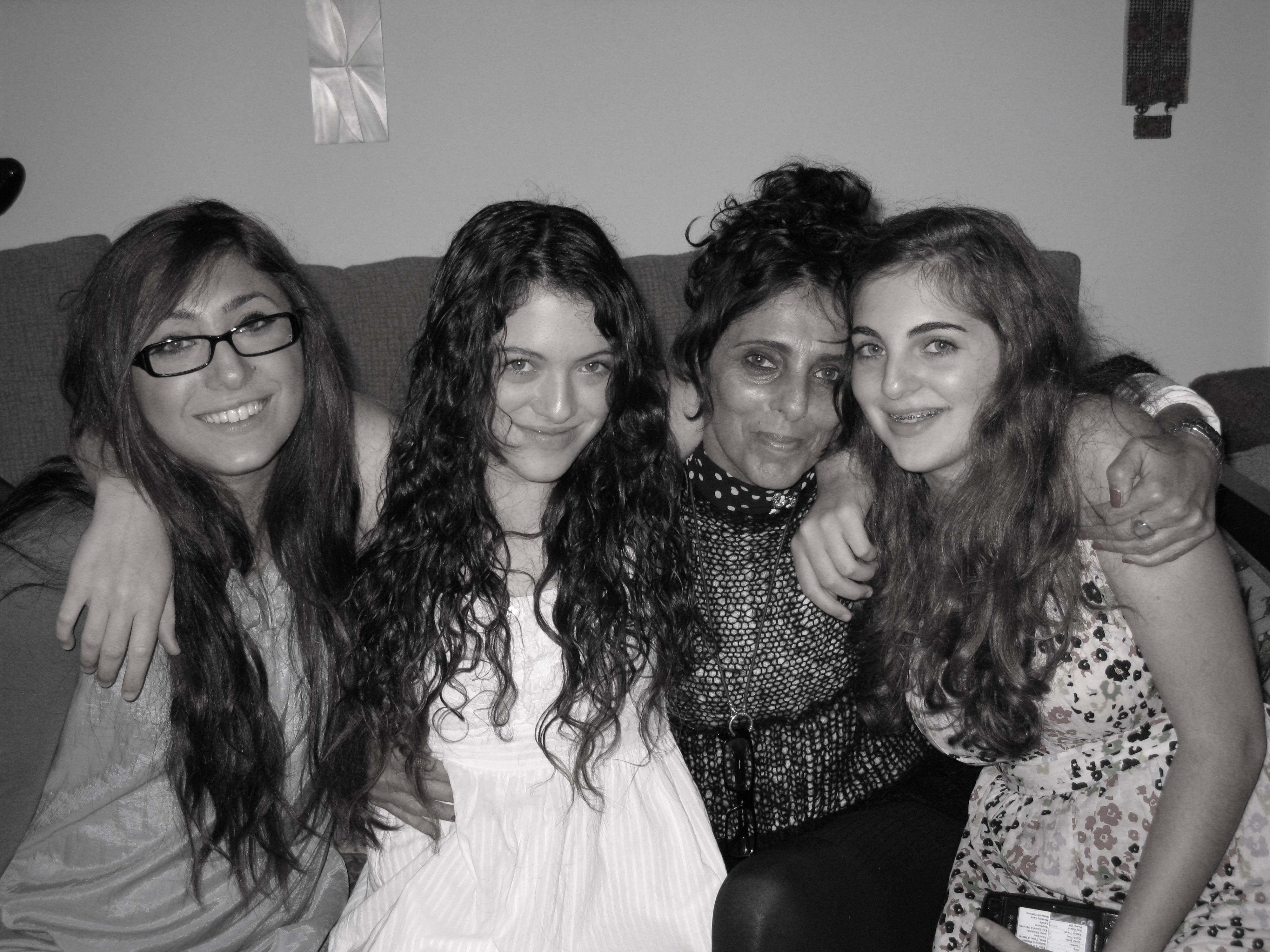
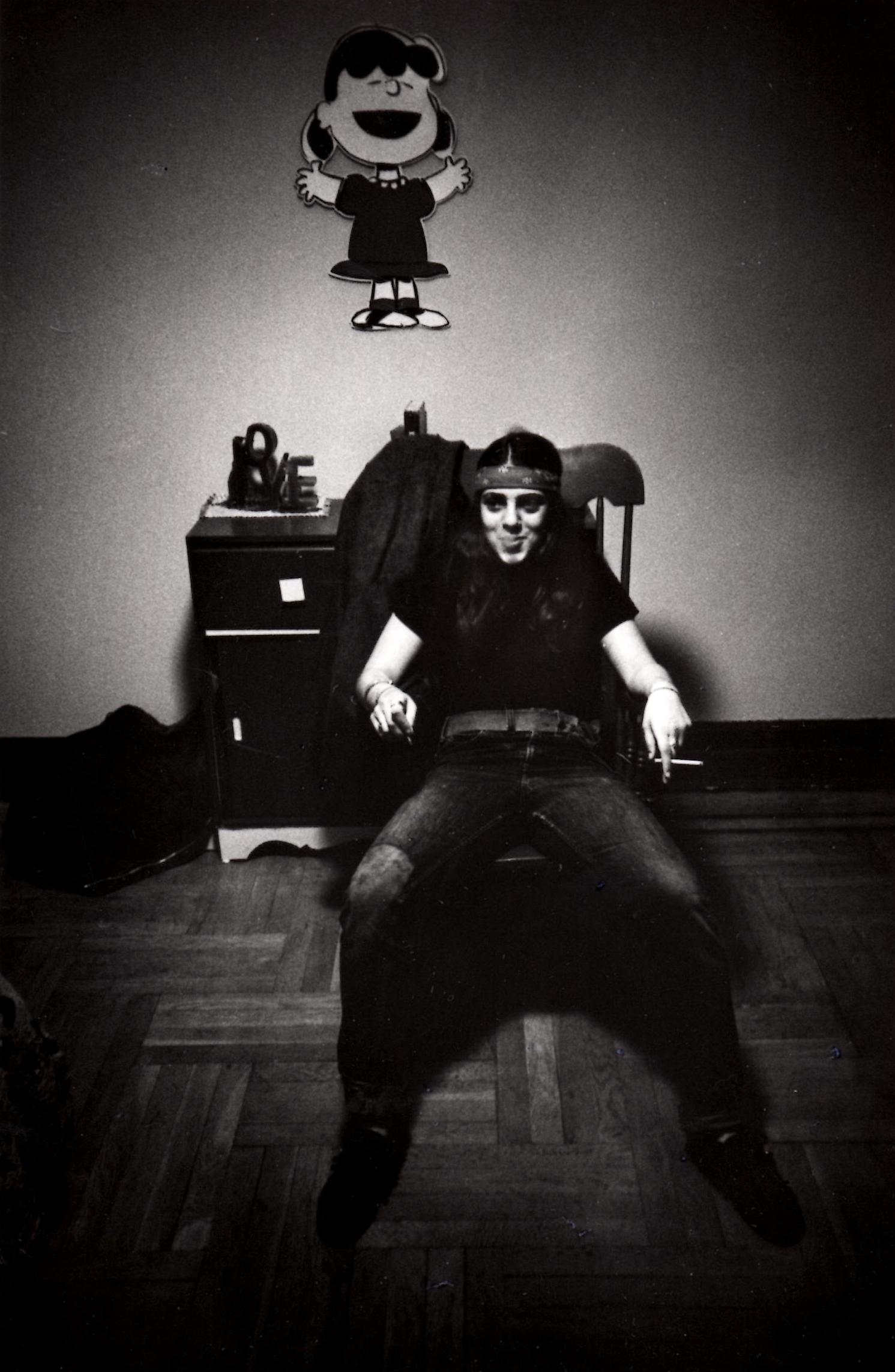




Love reading about your family history.
(You do look like your Aunt Roz!)
Greg
What a beautiful story. LOVE the pictures, as usual. Absolutely wonderful, always look forward to the next one.
thank you so much
“in the end it’s just about love”
well said mom. love you
and maybe one day you will have a daughter that looks like you, and you look like me and i look like my aunt roz, and so it goes.